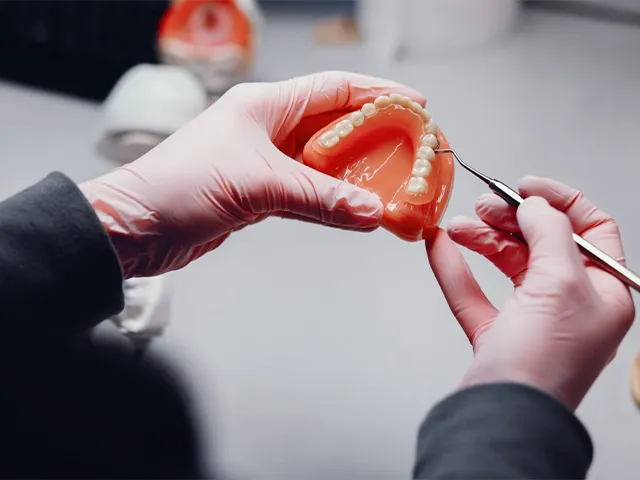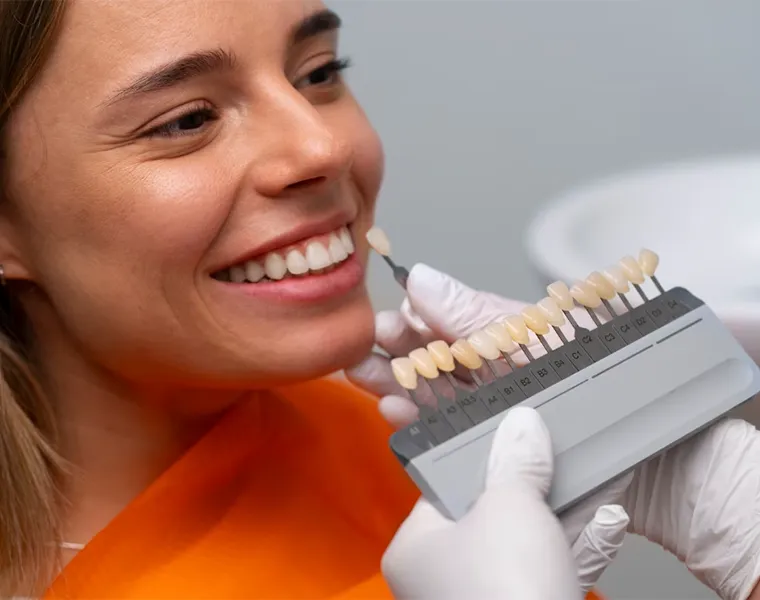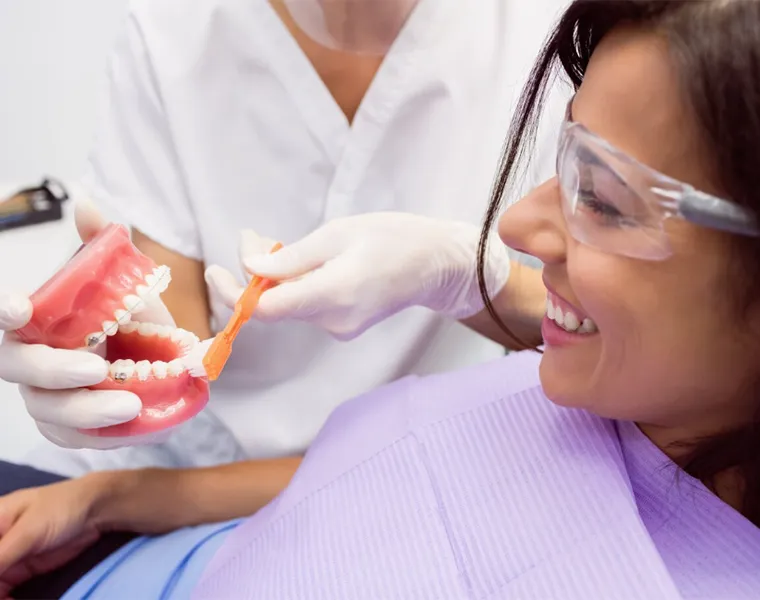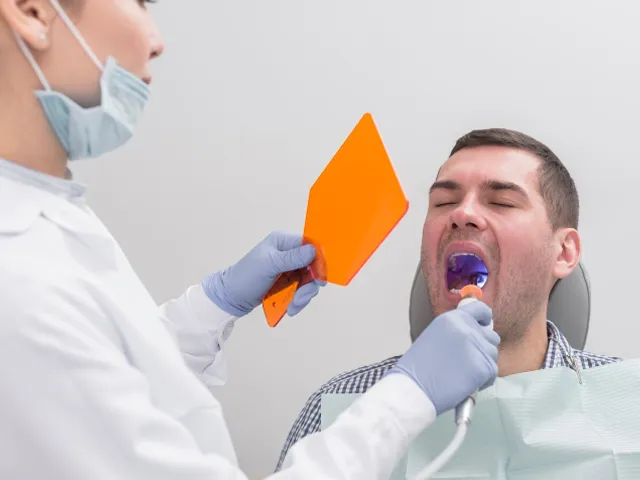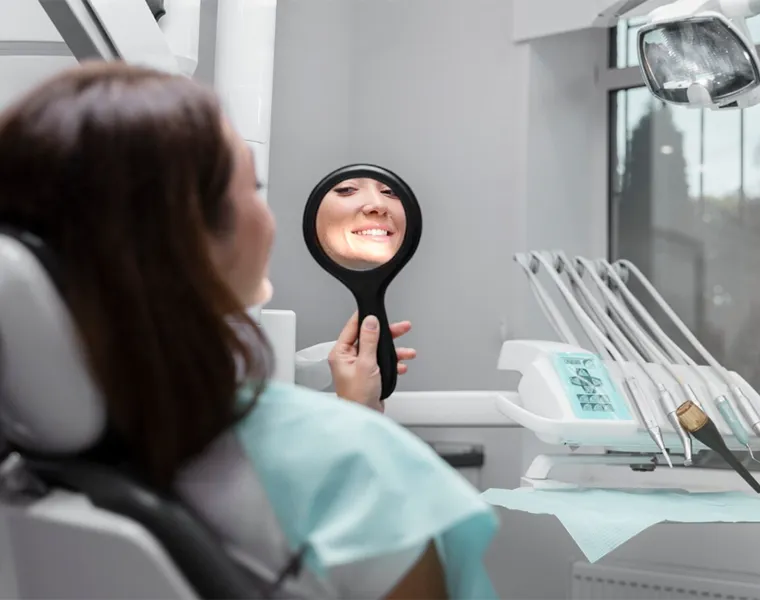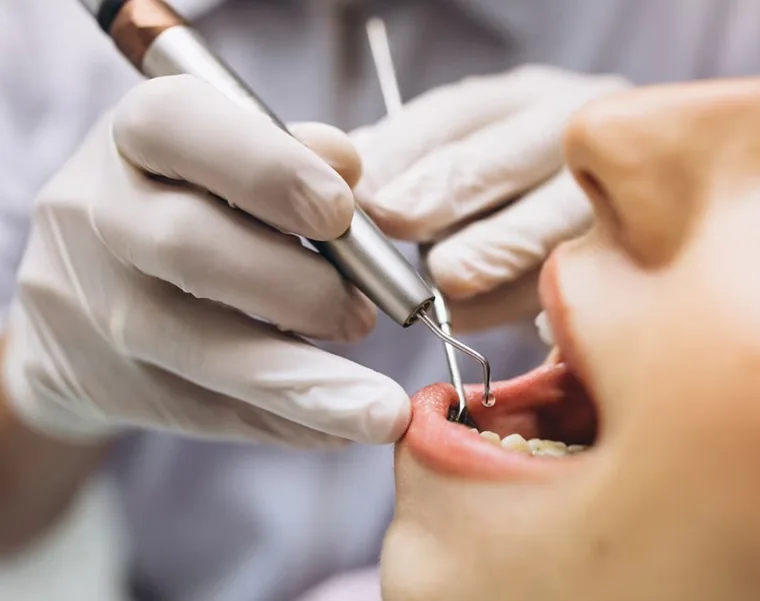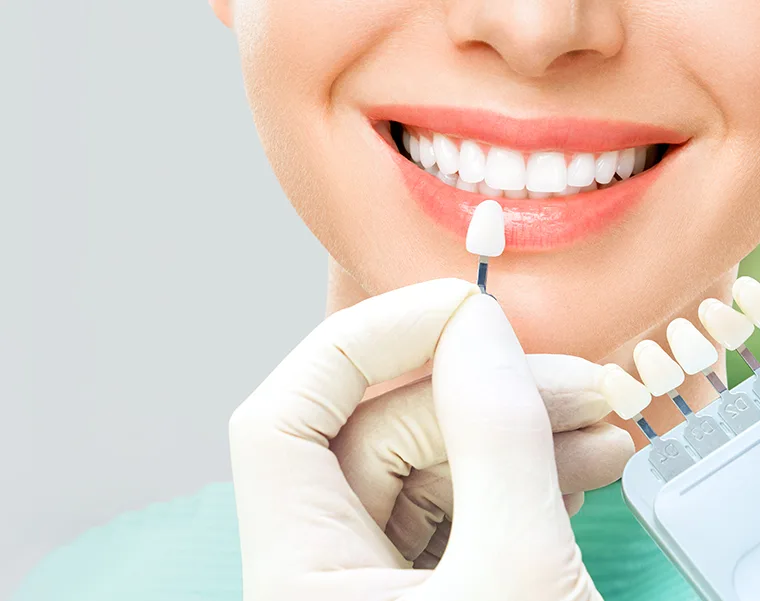Can an infected tooth be extracted? This is an important question that is on the minds of many people interested in dental health. Whether an infected tooth can be extracted is determined after an evaluation by the dentist. Generally, it is preferable to control the inflammation first to prevent the infection from spreading. Antibiotic treatment can be applied for this. In cases that do not respond to treatment, tooth extraction may be necessary. Dentists determine the most appropriate treatment method considering the condition of the tooth.
Can an infected tooth be extracted? In this case, the procedure depends on the severity of the infection and the structure of the tooth. Tooth extraction is a treatment of last resort. If the inflammation is very widespread, it is aimed to control it with medical treatment first. Once the infection is under control, tooth extraction can be safely performed. In addition, tooth extraction may not be a necessary procedure after every case of inflammation. Dentists closely follow the patient’s treatment process, determine the necessary procedures and plan other details.
Can an inflamed tooth be treated? This is an issue that should be carefully evaluated by dentists. The following steps are usually followed before the procedure is performed:
The dentist examines the extent of the inflammation and the condition of the tooth.
As a first step, antibiotic treatment may be used to control the infection.
Painkillers are used to keep the patient comfortable until the infection is under control.
If the infection is under control, the root canals of the tooth can be cleaned and filled.
The condition of the tooth is evaluated and procedures such as root canal treatment, filling or tooth extraction are performed.
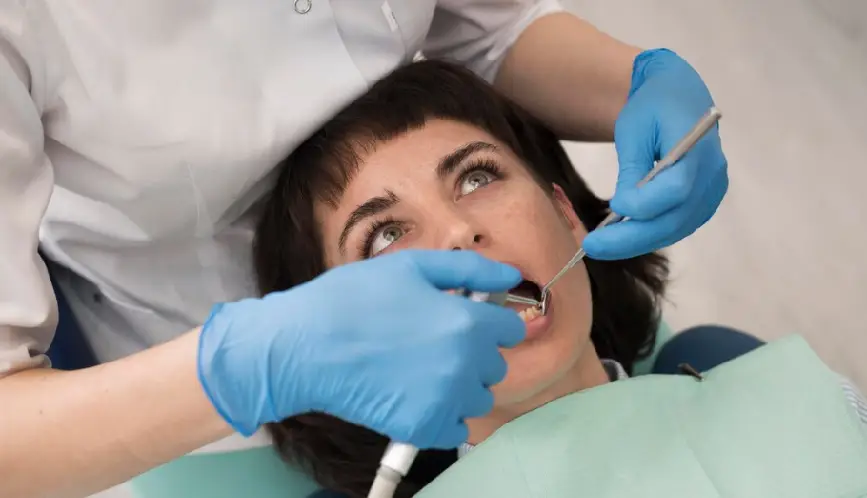
Is Inflamed Wisdom Tooth Extracted?
Can a tooth be extracted when it is inflamed? This is a fairly common question and it is important to find a correct answer, especially when it comes to problematic teeth such as wisdom teeth.
Can a tooth with an infected root be extracted? Yes, but this depends on the dentist’s assessment. An acutely inflamed tooth usually requires the inflammation to be controlled first. Ifthe inflamed tooth root is extracted without treatment, there is an increased risk of the infection spreading. What happens if the inflamed tooth is extracted? The pain usually subsides after extraction. However, this procedure is not preferred frequently due to the risks involved. There are some points to be considered before and after the application.
If proper care is not taken after tooth extraction, an abscess may form at the extraction site. Especially after wisdom tooth extraction, the risk of infection is high. Therefore, it is very important to pay attention to oral hygiene after tooth extraction.
As for the question ofwhat is good fortoothache, painkillers recommended by the doctor can be used to relieve the pain. Pain can also be reduced with cold compresses. Cold compresses are especially recommended in cases such as facial swelling.
There is also a risk of inflammation inroot canal treated teeth and care should be taken in this case. Aftertooth extraction, keeping the extraction site clean and following the doctor’s recommendations reduces the risk of infection. Solutions such as dentures or implants can be considered to fill the cavityof the extracted tooth, thus preventing other teeth from shifting.
In conclusion, the extraction of inflamed wisdom teeth is a complex procedure. In most cases, extraction is performed after the inflammation has healed. By paying attention to the post-extraction considerations, the healing process will be faster and smoother.
Libredent is a dental clinic that provides diagnosis and treatment for many oral and dental problems. You can contact us for your requests for Ankara tooth extraction and other oral and dental health applications.



